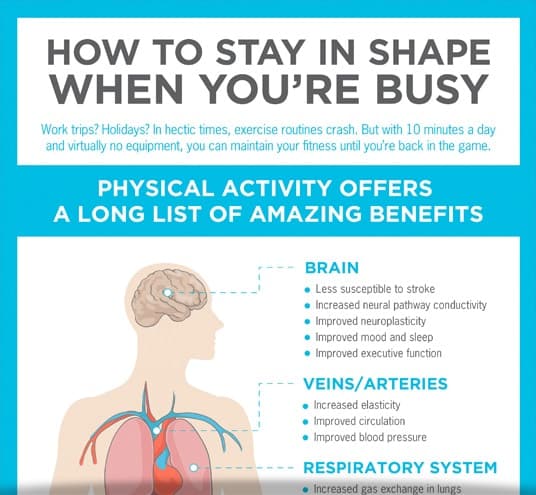To operate a legal gym in Texas, understanding the role and requirements of the Texas Department of Licensing and Regulation (TDLR) is essential. The TDLR, alongside other state and local bodies, enforces rules that uphold consumer safety, financial protection, and ethical business practices within the fitness industry.
This article breaks down what Texas gym owners must know about the TDLR, the application of the Texas Health Spa Act, and the steps to ensure compliance—ultimately helping businesses thrive while staying within the boundaries of the law.
What Is the TDLR?
The Texas Department of Licensing and Regulation (TDLR) is the state agency responsible for licensing and regulating around 40 industries, including health spas and fitness centers that offer memberships or physical training services. For gym owners, abiding by TDLR guidelines ensures legal operation, minimizes risk of penalties, and builds consumer trust.

The Texas Health Spa Act: Key Requirements
Gyms that sell memberships or physical exercise programs are classified as “health spas” under the Texas Occupations Code Chapter 702—the Texas Health Spa Act. The law’s primary aim is to protect consumers from fraud, unfair contracts, and sudden closures that leave members without service or recourse. Any business that operates as a health spa must register through the Secretary of State, obtain a certificate of registration, and meet specific legal obligations regarding contracts and security.
Registration and Application
Before selling memberships or operating as a gym, owners must apply for a health spa operator’s certificate of registration. The application requires detailed information about business ownership, location, and services, plus submission of sample contracts and proof of posted security/bond. Each operational location requires separate registration, and certificates are non-transferable—new owners must reapply within five days of purchase.
Contractual Protections
Gyms must provide written contracts that include cancellation and refund rights, membership plan disclosures, and clear terms regarding prepayments or long-term memberships. Key consumer protections include:
- The right to cancel a contract within three business days for a full refund.
- Disclosure of every offered membership plan upon request.
- Specific contract terms for prepaid memberships and promises about opening dates.
- Refund processes if the gym closes, relocates, or fails to provide promised services.
Contracts exceeding 31 days or automatic renewals typically require additional bonding and consumer protection measures. Failure to comply with these contract requirements can result in the contract being declared void and significant penalties or closure by regulatory authorities.
Security and Surety Bond Requirements
To further safeguard consumer funds, the Texas Health Spa Act requires gyms selling memberships over one month or on an auto-recurring basis to post a security or surety bond ranging from $20,000 to $50,000, based on the size of the membership base. This bond provides recourse for members if a gym abruptly closes or fails to meet its contractual obligations. Exemptions may be available for businesses with short-term contracts or established financial stability, but compliance is strictly evaluated.
Posting and Renewal
A gym’s certificate of registration must be posted conspicuously at each location. Certificates expire annually and must be renewed. The Secretary of State monitors compliance, and any changes in ownership, address, or business operation require prompt updates to registration records.
Local Permitting and Additional Legal Steps
In addition to state regulations, gym owners need to address several local requirements:
- Certificate of Occupancy (CO): This verifies that a gym’s premises meet city building codes and appropriate zoning laws.
- General Business License: Required to operate legally in Texas municipalities.
- Sales Tax Permit: Needed for collecting and remitting taxes on memberships and retail sales.
- Health Permits (if applicable): Required if the gym offers food, supplements, showers, or similar services.
- Employer Identification Number (EIN): For hiring staff and tax purposes.
- Liability Insurance: Not always a strict legal requirement, but essential for business protection and often required by landlords or insurers.
- Professional Training Certifications: Personal trainers may need qualifications from NASM, ACE, or similar organizations to work at or contract with a gym, ensuring client safety and insurance compliance.

Enforcement and Penalties
TDLR and the Secretary of State administer investigations and can impose administrative penalties, fines, license suspensions, or revocations for violations of the Health Spa Act or general state licensing rules. Common violations include operating without a valid certificate, failing to post or renew the required bond, and deceptive advertising. Enforcement aims to maintain a fair fitness business environment and protect the interests of consumers and regulatory compliance, with gym operators encouraged to resolve issues promptly and transparently.
Running a Legal Gym in Frisco, TX
For gyms and personal trainers in Frisco, TX, staying current on TDLR and Health Spa Act regulations means more than just legal compliance—it’s central to earning community trust and sustaining long-term business growth. If seeking personal training or fitness expertise in Frisco, learn how Marc Z Fitness & Nutrition combines local commitment with strict adherence to all legal guidelines.
Contact Marc Z Fitness today for a training experience built on both professionalism and regulatory excellence—your fitness goals start with confidence, security, and proven expertise.

